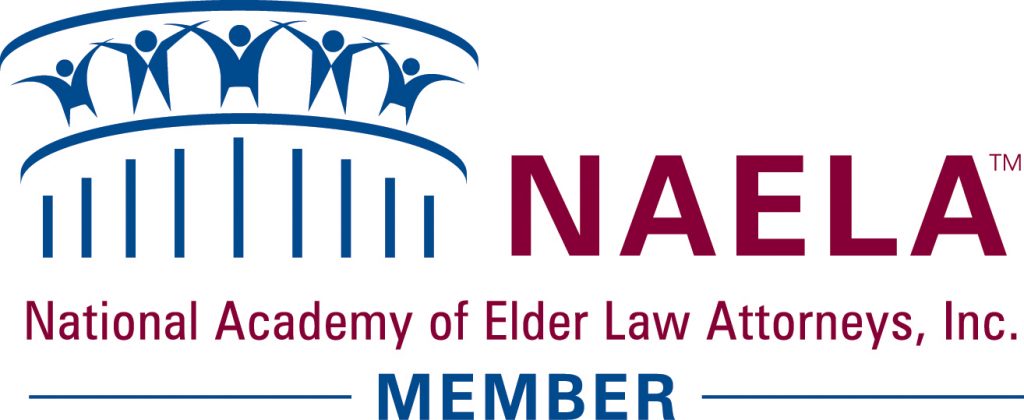
The beginning of a new year is always a good time to update an estate plan, and recent major changes to “tax advantaged” retirement accounts make revising, or creating, an estate plan all the more important at the outset of 2020. If you have a 401(k), an IRA, or other tax deferred retirement account, or if you are concerned about outliving retirement assets, we want to provide some helpful guidance on this subject here in our blog.
On December 20, 2019, the Setting Every Community Up for Retirement Enhancement Act, otherwise known as the SECURE Act, was signed into law with the stated intention of helping Americans accumulate more retirement assets. Specifically, Congress expanded access to tax advantaged retirement plans like 401(k)s and IRAs, and made many changes to related retirement provisions.
For example, the SECURE Act now allows part-time workers to be eligible for employer retirement plans, traditional IRA owners can now make contributions without an age restriction, and 401(k) plans can offer payout annuities. The Act also makes it easier for small businesses to set up “safe harbor” retirement plans that are less expensive and easier to administer to workers. Even student loans are impacted, as tax deferred 529 college savings accounts can now be used to repay up to $10,000 annually toward a student loan debt.
Unfortunately, other aspects of the SECURE Act may not be as rosy. Previously, required minimum distributions (RMD) from applicable retirement accounts, mandatory at age 72, could be “stretched” over long periods of time if desired. Now, most designated beneficiaries may have to withdraw the entire balance of an inherited account within 10 years of the account owner’s death.
This is a major change that could be disastrous for your loved ones if not properly planned for. First, less money will grow tax deferred due to the shortened 10-year limit and beneficiaries may incur a higher tax burden for receiving larger RMD payments. Second, financially immature beneficiaries could receive the retirement account distributions at an earlier age. Planning ahead with your estate planning attorney for these changes is critical.
This is just the start of our discussion. The SECURE Act presents plenty of estate planning benefits and concerns. Do not wait to contact an experienced estate planning attorney today to learn more about how the biggest federal retirement law in a generation might impact you, your loved ones, and your current estate plan. We encourage you to ask us your questions and contact us to schedule a meeting to discuss your estate planning goals.







